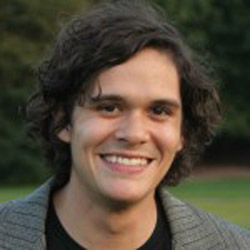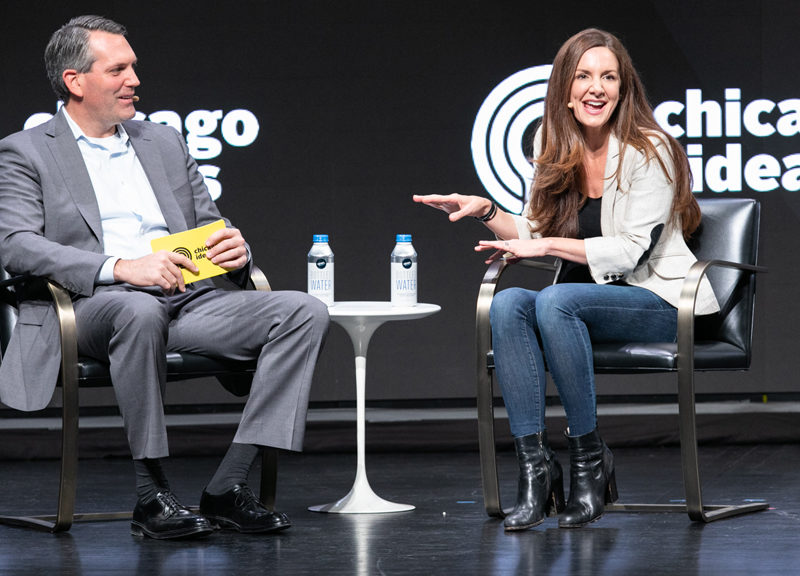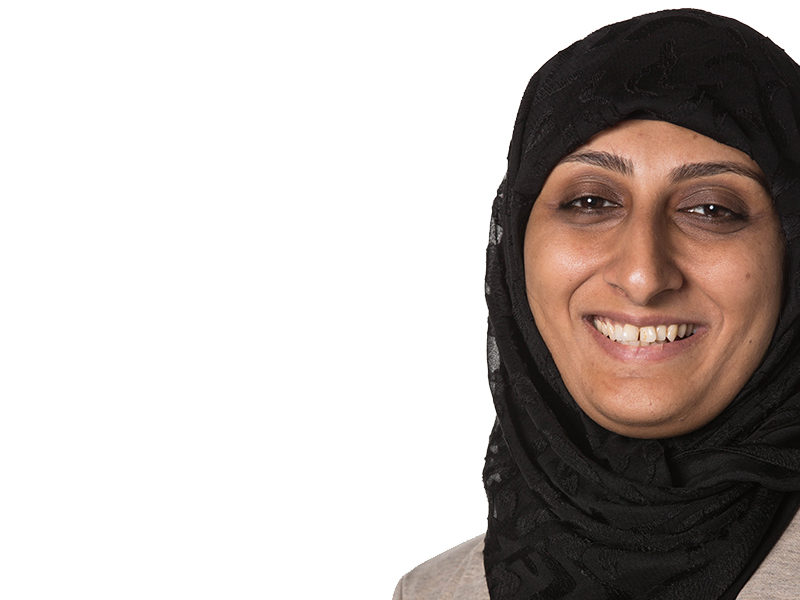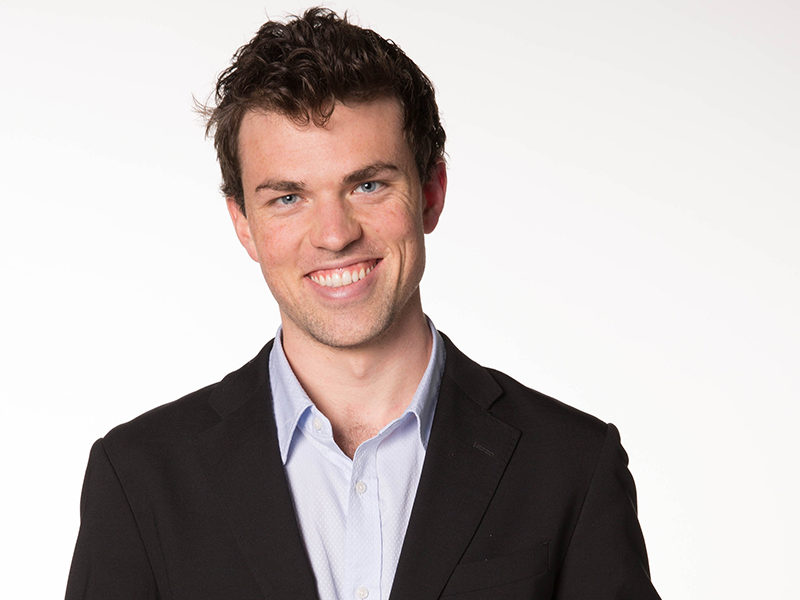
Fellow Follow-Up: Jason Aramburu
We caught up with 2011 BHSI Fellow Jason Aramburu. His organization, re:char, develops and deploys small biochar production factories in the developing world. Read on for some insights from Jason:
How did you start your project? What were the first steps to turn your idea into action? What were the biggest initial challenges? What lessons did you learn?
I first got involved with biochar while I was a student at Princeton. I took a year and worked as a soil scientist and ecologist at the Smithsonian Tropical Research Institute in rural Panama. It was there that I first learned of the concept of biochar. Indigenous farmers in Central and South America have been producing charcoal and burying it for thousands of years. They did this because they knew that charcoal improved the quality of the soil and crop yield.
I always wondered if biochar could be built into a sustainable business, but it took some time for me to take the first steps. After Panama, I moved to New York City and worked in clean energy venture capital. I enjoyed this job, but didn’t really feel the impact of my work. In 2008, the financial crisis hit and my firm slowed down its investing activity considerably. Eventually, I was out of a job. It was at that moment that I decided to pursue biochar full-speed.
I incorporated re:char and rented some metal shop space in Brooklyn. I taught myself how to weld and began experimenting with building ovens and kilns to produce biochar at scale. Eventually, I developed a design that worked well and was potentially scalable. From there, the greatest challenge was figuring out who the customer would be, and how I would fund the operation.
Eventually I linked up with a good friend from University who had worked in East Africa. He informed me about the huge charcoal trade in East Africa, and the potential for biochar. We decided to trial the re:char tech with some farmers in Western Kenya. The trial worked out well, and we ended up using data from the pilot to raise ~$400,000 in grant funding from Echoing Green, Hitachi Foundation, DOEN Foundation and the Bill and Melinda Gates Foundation.
Now, we have our first kiln factory on the ground in Kenya producing 600 units a month. We’ll also be launching a new US product next month. I think one of the greatest lessons I learned is the importance of being flexible. As a startup, you are working in a dynamic marketplace, oftentimes creating demand for a product that has never before existed. It’s really important to stay nimble and quickly adapt to changes or roadblocks that come along the way.
Another really important lesson I learned is to surround yourself with the right people. There are tons of people in the startup world who will offer to help or advise you in exchange for money or equity. I would generally avoid people like this, as they usually don’t understand your business better than you and are rarely worth the expense. Instead, I’d look for people who have skills you don’t and share your passion. These are the people who will make a true and lasting investment in your cause.
_______________________________________________________________
Since our interview with Jason, re:char has announced the launch of their newest product for US and European Markets: Black Revolution. Black Revolution is a soilless growth media for plants containing biochar. It’s the world’s first carbon-negative replacement for potting soil, and we need your help to launch it. Their campaign on kickstarter reached their fundraising goal earlier this month and the product will be available for purchase soon.
Congrats, Jason, on all the success!
Connect with re:char:Website: http://www.re-char.com/
Twitter: @re_char
Twitter: @re_char

Jason believes climate change and rural poverty are the two greatest global challenges and is excited to take part in solving them.




